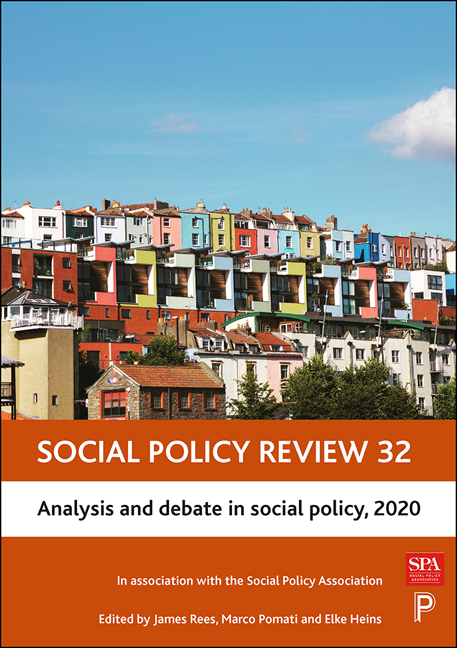10 - A New Page? the Public Library in Austerity
Published online by Cambridge University Press: 18 March 2021
Summary
Introduction
Too often when countries undertake major consolidations … it is the poorest – those who had least to do with the cause of the economic misfortunes – who are hit hardest. Perhaps that has been a mistake that our country has made in the past. This Coalition Government will be different. (Osborne, 2010: 51)
Following the 2008/09 recession, the Conservative–Liberal Democrat Coalition government committed to significant reductions in public expenditure relative to the economy. This policy of fiscal consolidation set out cuts of £83 billion to be delivered by 2015, amounting to 14 per cent of all public spending. The aspiration was to reduce the gross domestic product (GDP) budget deficit from 11 per cent to 1 per cent and ‘secure’ Britain's economic stability (HM Treasury, 2010). Fiscal consolidation has been sustained by the Conservative governments that followed, as exemplified by successive cuts to local government spending powers (Hastings et al, 2015a; Gray and Barford, 2018; National Audit Office, 2018). Estimates suggest that the most severe reductions have taken place in English councils, with spending cuts thought to be as high as a quarter (24 per cent) between 2009/10 and 2016/17. This is double that of Scotland and Wales (11.5 per cent and 12 per cent, respectively), where the autonomy provided by devolution is thought to have ‘buffered’ councils from the deepest cuts (Gray and Barford, 2018).
Despite variation across jurisdictions, local government across Britain remains under pressure, even more so due to a respective growth in demand for key services. According to the National Audit Office (2018), this has forced local authorities to prioritise service areas where they have significant statutory responsibilities, such as adult and children's social care. A recent report (Amin-Smith and Phillips, 2019) estimated that spending on adult social care services in England was cut by 5 per cent between 2009/10 to 2017/18, while acute children's social care services increased by 10 per cent over the same period. This can be contrasted to the massive reductions in spending on other areas: children's and youth centres were down by over 60 per cent; planning/ development and housing was cut by a half; while cultural and leisure services were reduced by 40 per cent. A similar pattern of spending cuts was observed elsewhere (Besemer and Bramley, 2012; Hastings et al, 2015a; Gray and Barford, 2018).
- Type
- Chapter
- Information
- Social Policy Review 32Analysis and Debate in Social Policy, 2020, pp. 227 - 248Publisher: Bristol University PressPrint publication year: 2020



